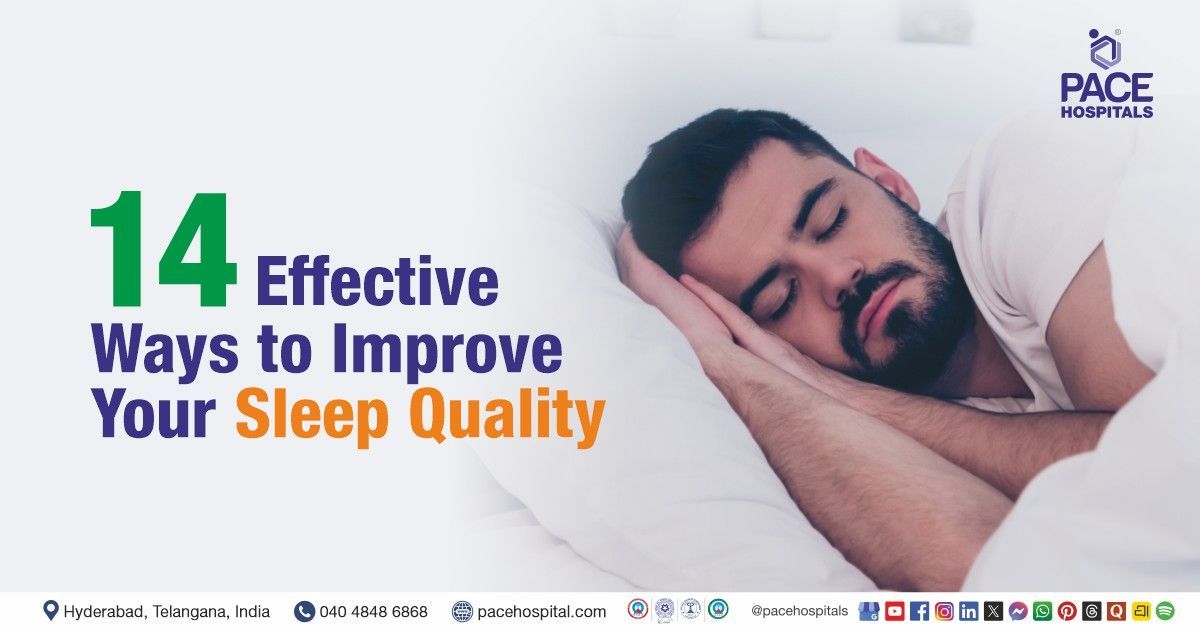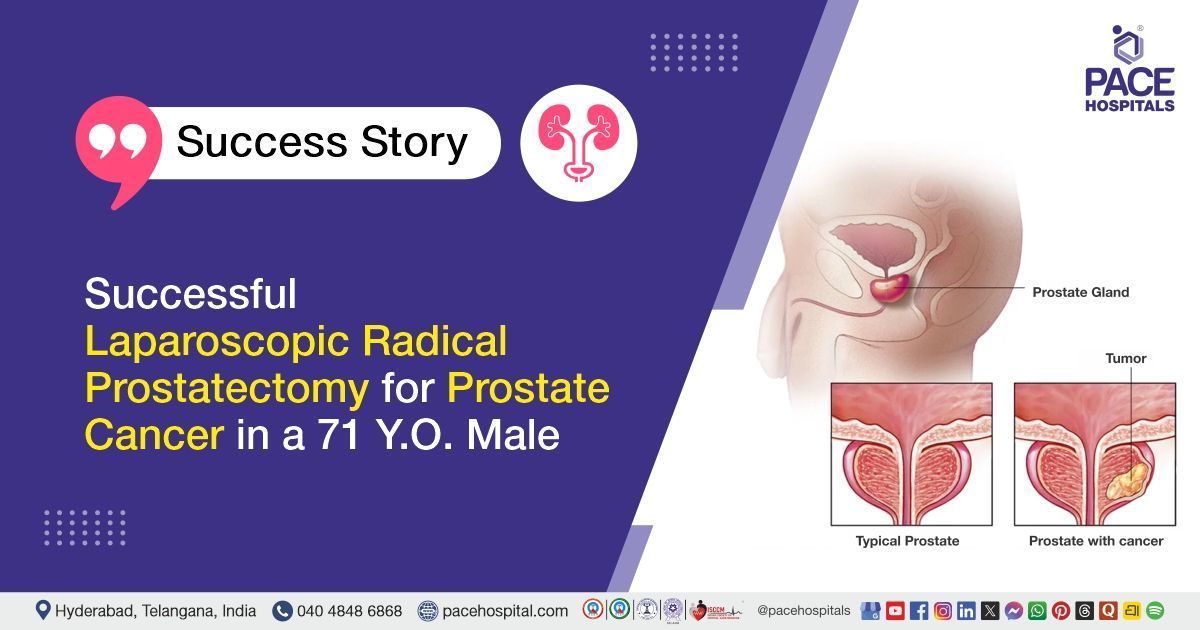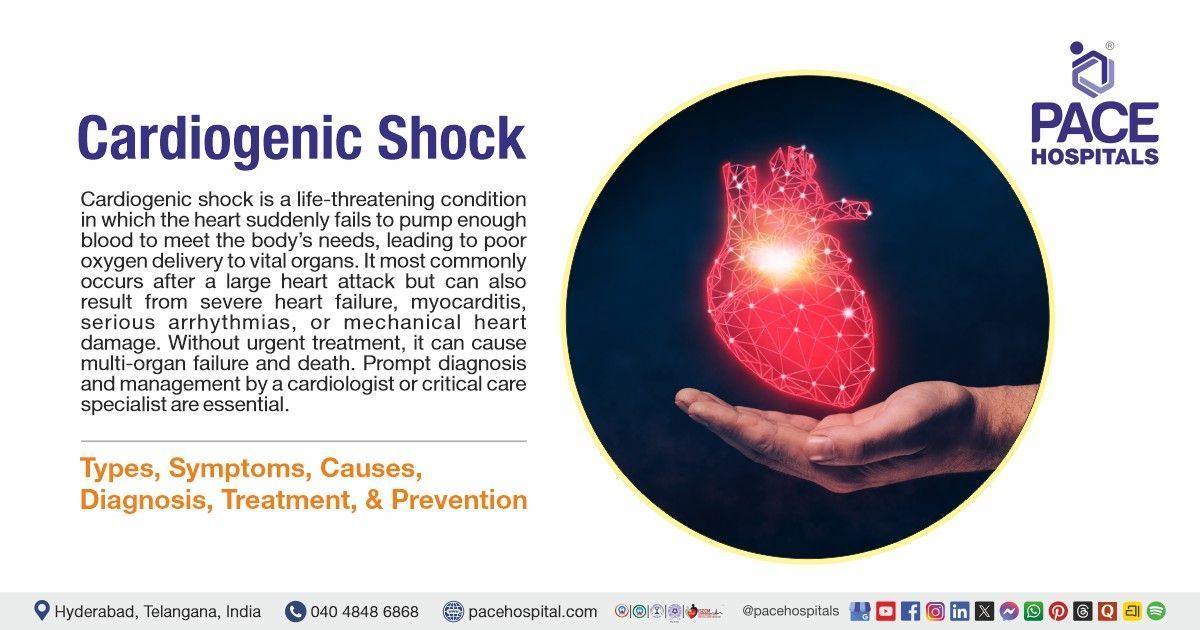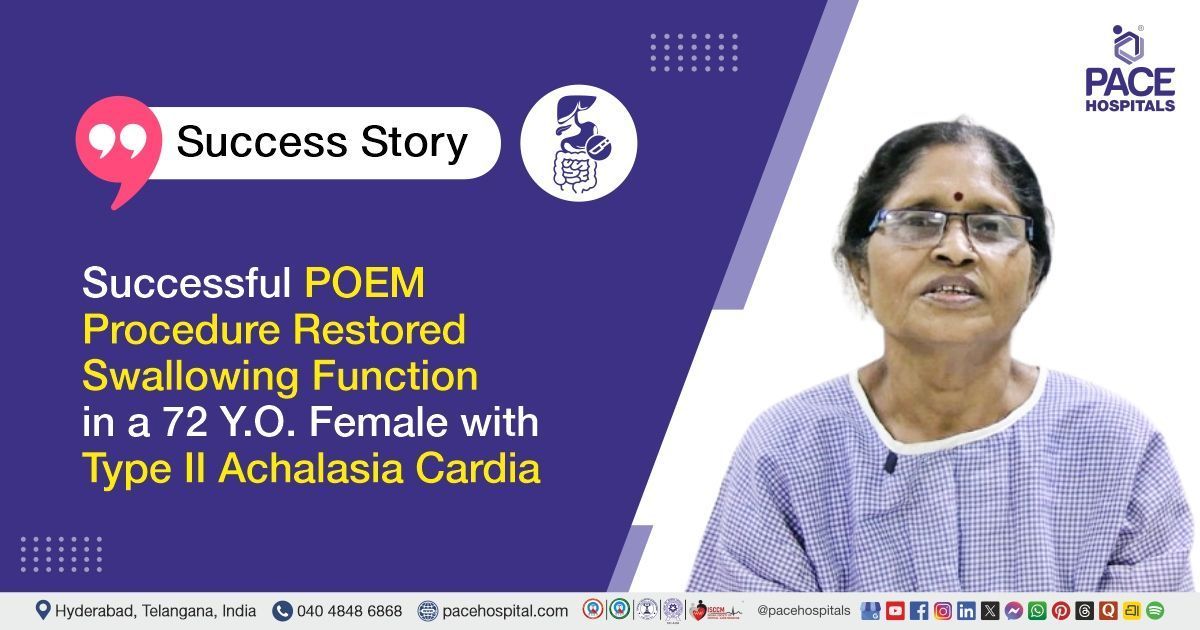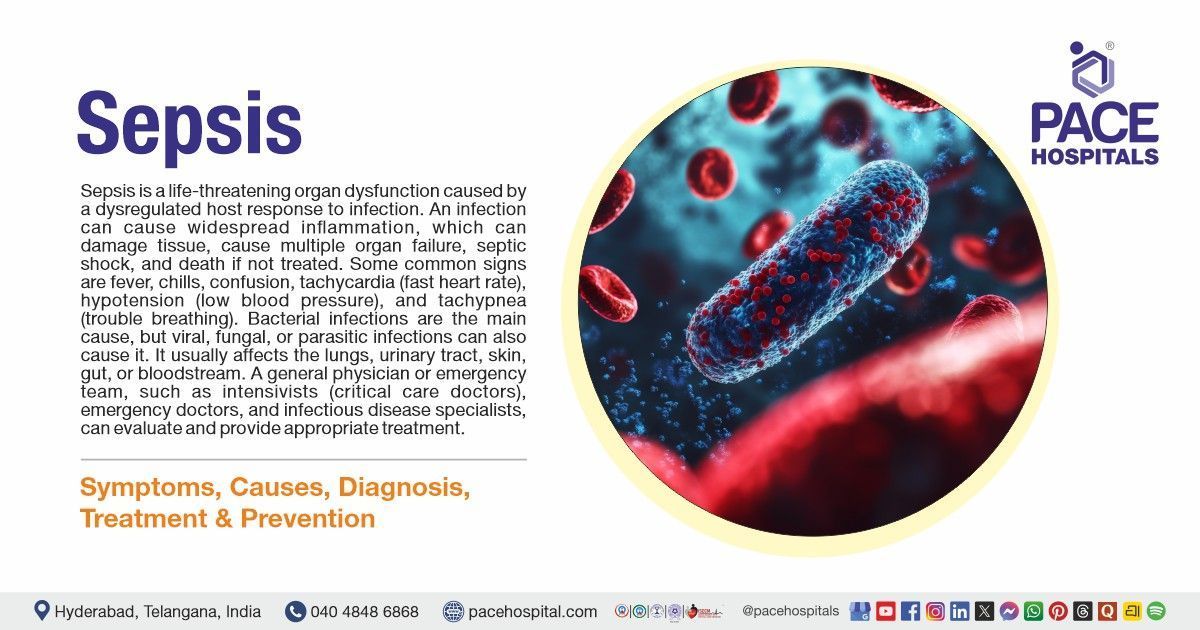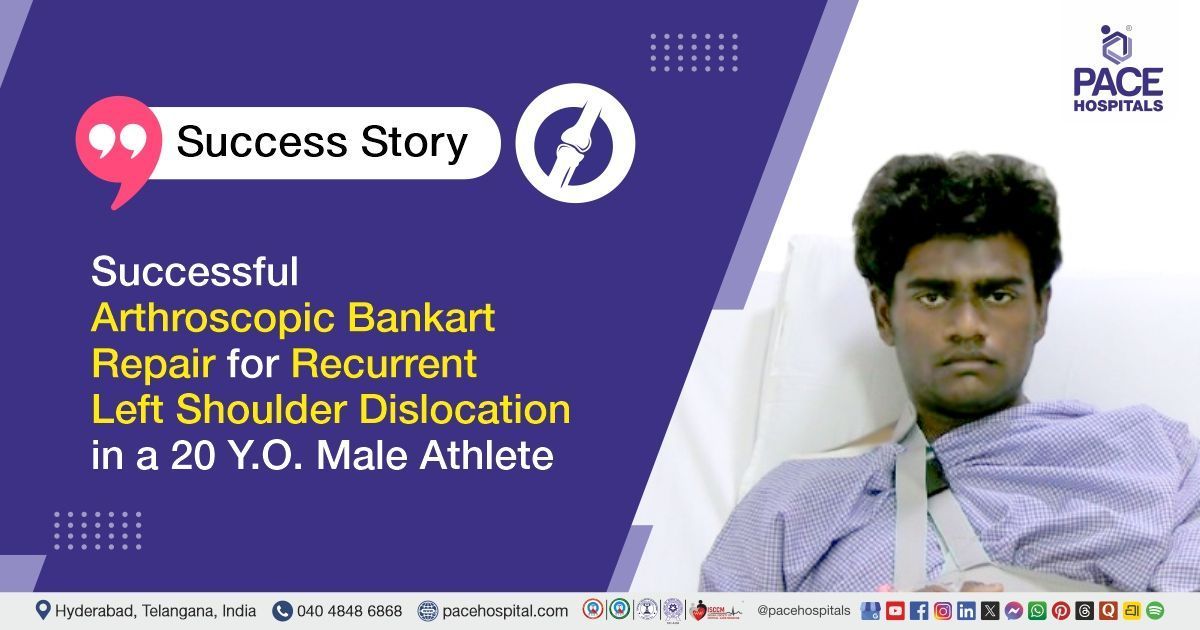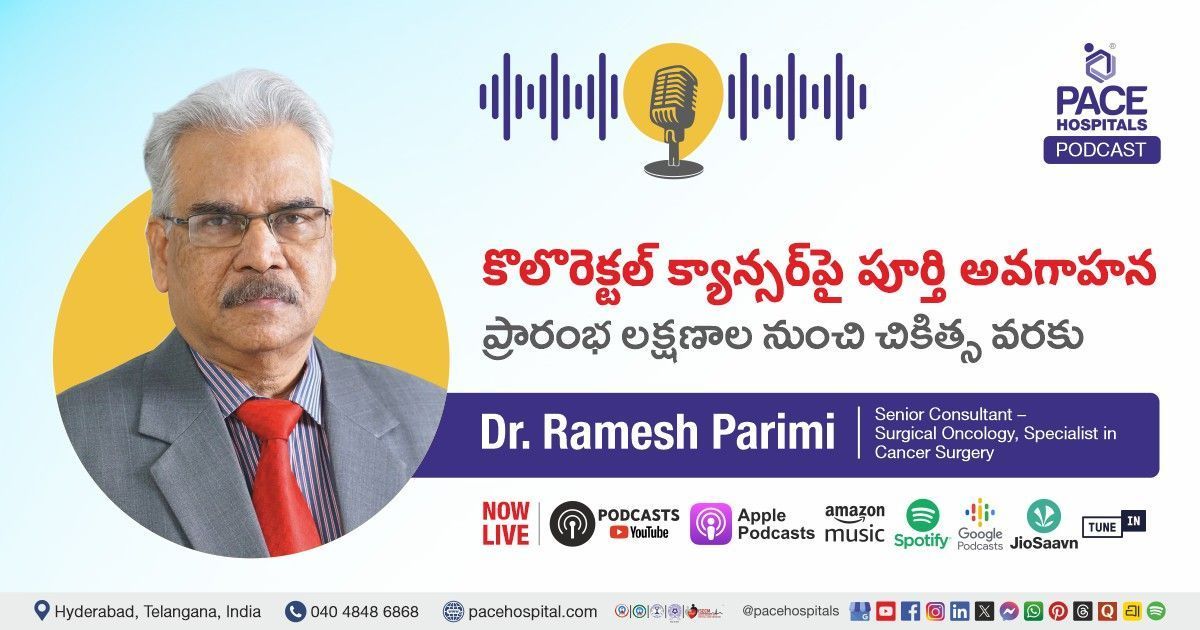14 Effective Ways to Improve Your Sleep Quality | Expert Advice
PACE Hospitals
Written by: Editorial Team
Medically reviewed by: Dr. Pradeep Kiran Panchadi - Consultant Pulmonologist, Specialist in Bronchoscopy and EBUS
Sleep isn’t a luxury — it’s your body’s built-in recovery system. During restful sleep, your brain repairs itself, your immunity strengthens, and your mind resets for the next day. Yet millions of people toss and turn each night, struggling with insomnia, restlessness, or broken sleep due to digital distractions, work stress, and irregular routines.
The quality of your sleep directly affects your state of mind, emotional balance, and physical health. Without proper sleep hygiene, your energy, focus, mood, and even metabolism begin to decline. Sleepless nights can have a long-term impact on productivity, immunity, and body weight, silently eroding your vitality.
At PACE Hospitals, Hyderabad, our neurology doctors, pulmonology doctors, and sleep medicine specialists emphasize that good sleep is as important as nutrition and exercise for overall health. Poor sleep not only affects focus and mood but also increases the risk of hypertension, diabetes, heart disease, obesity, depression, and memory loss.
Follow These 14 Expert Tips for Better Sleep
Quality sleep doesn't come from consuming sleeping pills, it comes from consistent daily habits with calm routines, and mindful self-care management. Follow these 14 proven tips that can help you transform your sleepless nights and energize your days. Try them consistently for two weeks, and you'll notice a visible improvement in your focus, energy, and mood.
1. Go to Sleep and Wake Up at the Same Time Every Day
Consistency is key. Aligning your body's internal clock (circadian rhythm) helps you fall asleep faster and wake up naturally. Choose a bedtime that feels natural and maintain it — even on weekends. Within a few days, you'll be waking up refreshed and energized without the need for an alarm clock.
2. Avoid Sleeping In - Even on Weekends
Oversleeping on weekends may feel like a treat, but it disrupts your biological rhythm. If you stay up late one night, take a short nap instead of sleeping in. This keeps your body aligned to its regular bedtime.
3. Skip Long Daytime Naps
If you feel troubled to sleep at night, avoid naps during the day. Long naps can confuse your sleep cycle. If you need a quick recharge, take a 20-minute power nap right after lunch — no later.
4. Move After Meals
Feeling sluggish after lunch or dinner? Resist the urge to lie down. Take a short walk or do light chores. Staying active after meals helps your digestion and prevents daytime drowsiness.
5. Get Sunlight Exposure During the Day
Sunlight regulates your sleep hormones and boosts alertness. Spend at least 20–30 minutes outdoors each morning — walk your dog, stretch on your balcony, or have breakfast by a window.
6. Avoid Bright Screens One to Two Hours Before Bedtime
Blue light from phones, TVs, and laptops blocks melatonin production, making it harder to fal asleep. Switch off screens at least an hour before sleeping or use night filters to reduce exposure.
7. Keep the Lights Dim if You Wake Up at Night
If you wake up during the night, avoid bright lights. Use a dim nightlight or small lamp instead. Harsh light tells your brain it's morning, making it difficult to return to sleep quickly.
8. Don't Exercise Too Close to Bedtime
Exercise improves sleep quality but doing it right before bed may overstimulate your body. Finish your workouts at least two hours before bedtime to give your body time to cool down.
9. Limit Caffeine and Nicotine
Both caffeine and nicotine are stimulants that can help you stay alert. After lunch, drink decaffeinated tea or water instead. If you smoke, reducing or quitting will benefit your sleep and long-term health.
10. Avoid Heavy or Late Dinners
Large meals before bed can cause acidity, heartburn, and restlessness. Aim to complete dinner at least 2–3 hours before going to bed, and avoid spicy or greasy foods.
11. Cut Back on Sugar and Refined Carbs
Refined carbs and sugary snacks can delay melatonin release, making it harder to fall asleep. Limit sweets, pastries, and white bread — especially at dinner. Opt for complex carbs like oats or brown rice instead.
12. Try Deep Breathing or Relaxation Exercises
Relaxation exercises prepare your mind and body for sleep. Try the 4-7-8 breathing method:
- Inhale through your nose for 4 seconds.
- Hold for 7 seconds.
- Exhale slowly for 8 seconds.
Repeat three times. It reduces heart rate and anxiety, promoting calmness.
13. Postpone Worrying or Brainstorming
If you tend to overthink at night, keep a notepad by your bed. Write down your thoughts or to-do lists for tomorrow, then let them go. This habit helps to clear the mind, reduces nighttime overthinking, and prevents anxiety-induced insomnia.
14. Stop Checking the Clock
Watching the clock when you can't sleep only increases stress and makes falling asleep harder. Keep the clock away from the bed and try to remove visible screens to avoid unnecessary light and pressure.
Final Thoughts
Most people underestimate how deeply sleep impacts their physical and mental state of health. Poor sleep can trigger fatigue, mood swings, and weight gain, while good sleep enhances focus, productivity, and emotional balance.
Try incorporating these tips gradually. You don't have to change everything overnight — even a few consistent improvements can make a noticeable difference.
At PACE Hospitals, Hyderabad, our experts in sleep medicine, neurology, and behavioral health help patients identify root causes of poor sleep, including stress, sleep apnea, and insomnia. With personalized care plans and advanced sleep studies, we help you rediscover what it means to wake up truly refreshed.
FAQs on How to Sleep Better Naturally
Why is sleep so important for health?
Sleep helps your body and brain to repair, recharge, and regulate hormones. It boosts immunity, improves focus, supports heart health, and stabilizes mood. Chronic sleep loss increases the risk of diabetes, obesity, and depression.
How many hours of sleep do adults need every night?
Most adults require daily 7–9 hours of uninterrupted sleep each night. However, quality matters more than quantity — deep, consistent sleep helps you wake up refreshed and focused.
What is the best time to go to bed and wake up?
The best bedtime varies by individual, but maintaining a consistent sleep schedule note of going to bed and waking up at the same time daily — helps align your circadian rhythm for better rest.
Does using a mobile phone before bed affect sleep?
Yes. Blue light from phones, TVs, and laptops suppresses melatonin, delaying sleep onset. Avoid screens at least 60 mins (1hr approx.) before bed or use night mode filters to reduce blue light exposure.
What foods and drinks should I avoid before sleeping?
Avoid caffeine, alcohol, heavy meals, and spicy or sugary foods before bed. These may result in acidity, restlessness, or recurrent awakenings, which impair deep sleep cycles.
Can stress or anxiety cause insomnia?
Absolutely. Stress triggers cortisol release, which keeps your mind alert. Practicing deep breathing, yoga, journaling, or guided meditation can help calm your mind before bedtime. PACE Hospitals also offers stress-management programs for chronic insomnia.
How does exercise improve sleep quality?
Regular physical activity lowers stress hormones, balances energy levels, and promotes deeper sleep. Try moderate exercise like brisk walking or yoga daily, but avoid intense workouts right before bed.
What are the common signs of a sleep disorder?
Persistent snoring, choking sounds during sleep, frequent awakenings, morning headaches, and daytime fatigue may indicate conditions like sleep apnea or insomnia. Such symptoms require evaluation by a sleep specialist.
When should I consult a doctor for sleep problems?
If you have trouble falling asleep or staying asleep for more than two weeks, it's time to see a doctor. At PACE Hospitals, Hyderabad, specialists perform sleep studies (polysomnography) to diagnose and treat sleep disorders.
How can PACE Hospitals help improve my sleep?
PACE Hospitals offers comprehensive sleep medicine services, including neurological evaluation, sleep study labs, behavioral therapy, and personalized treatment plans for insomnia, sleep apnea, and restless leg syndrome — helping you sleep better, naturally.
Share on
Request an appointment
Fill in the appointment form or call us instantly to book a confirmed appointment with our super specialist at 04048486868

